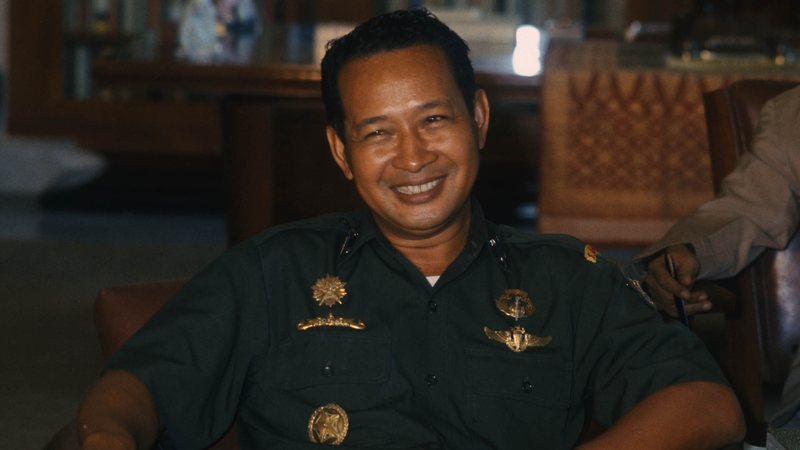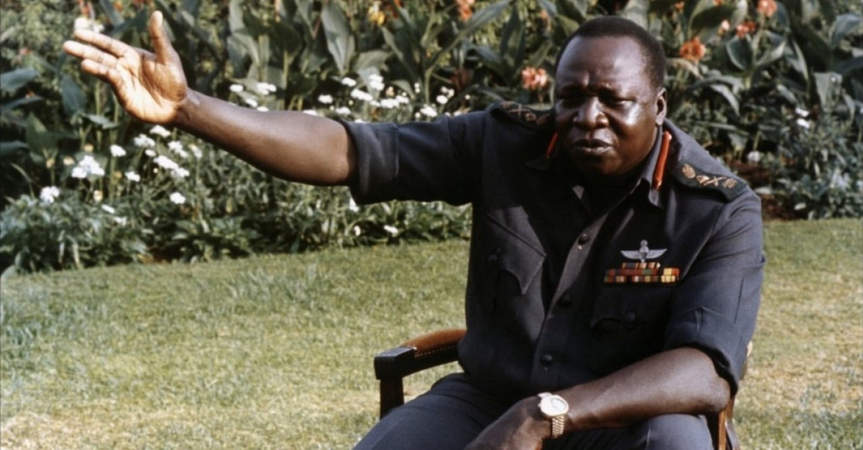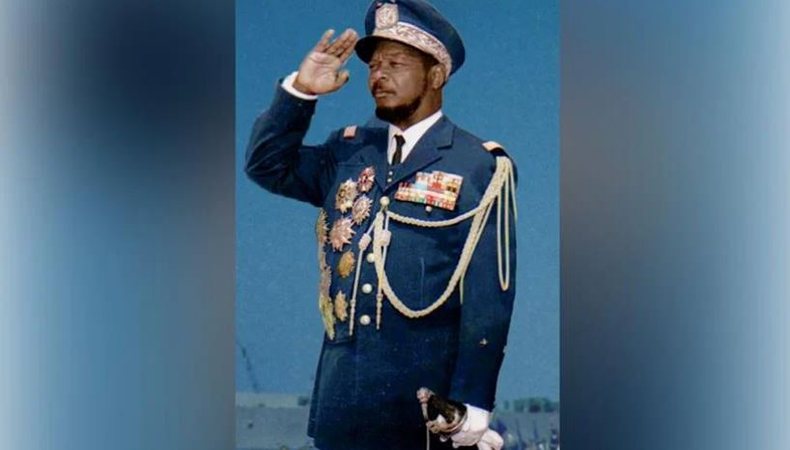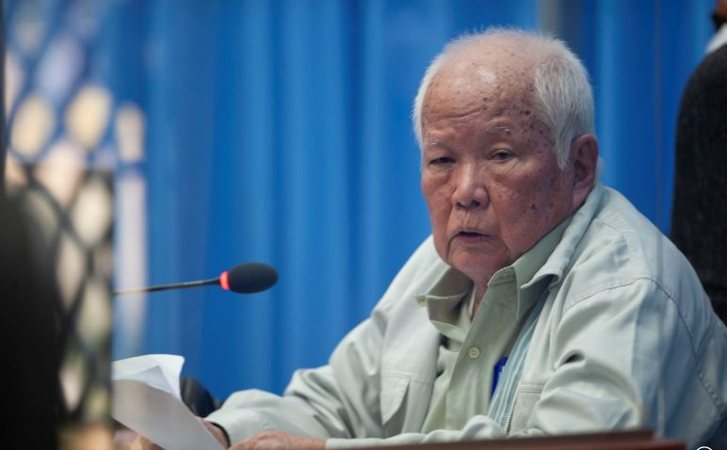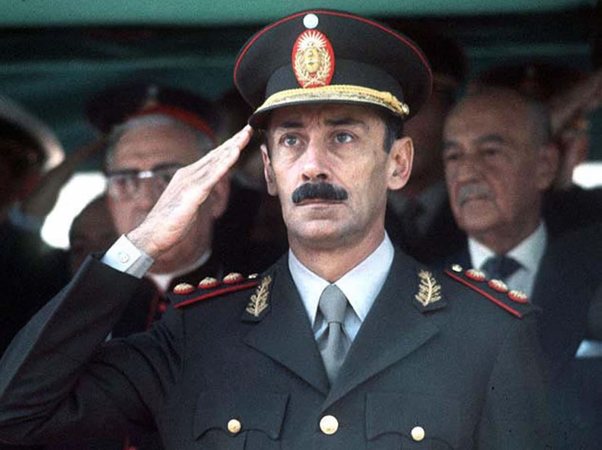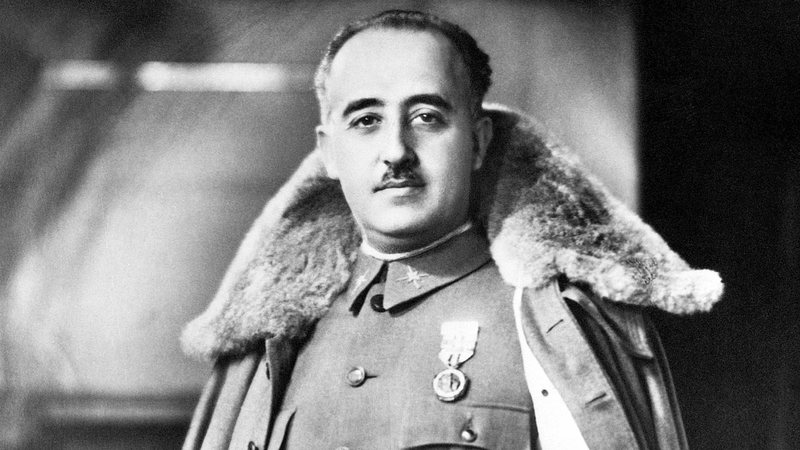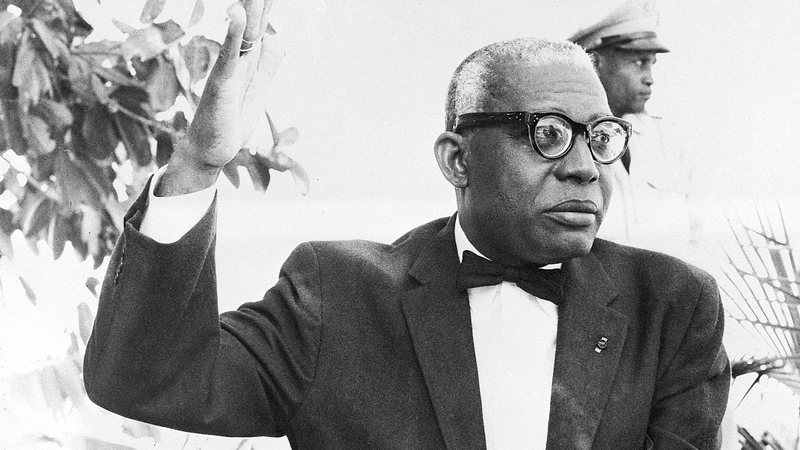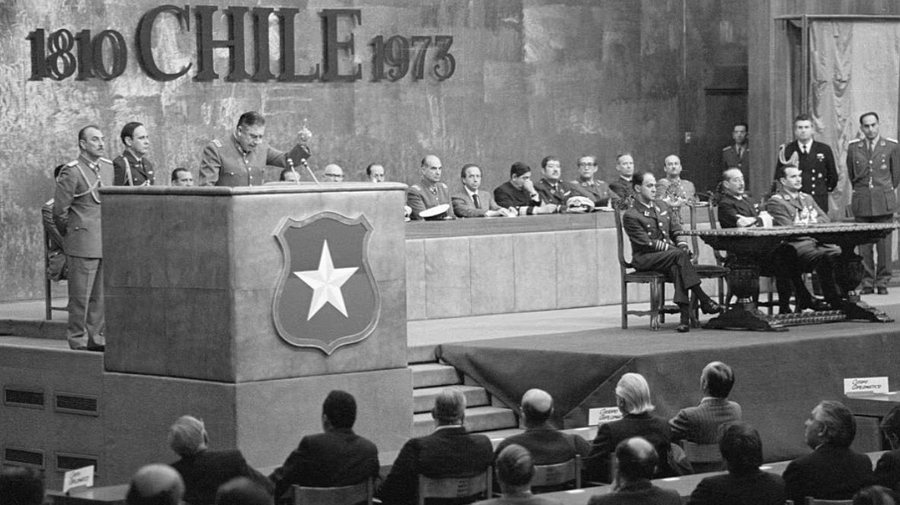
All contemporary dictatorships have sought to control and subjugate society through repression and violence, but also by building consensus with clever propaganda narratives. During the twentieth century, which historian Eric Hobsbawm called "The Short Century", setting its boundaries between 1914 and 1991 (from World War I to the collapse of the USSR), countless crimes against humanity were committed. Each regime has tried to justify human rights violations often in the name of national security. This is evidenced by the stories of these eight dictators, among the most brutal of the twentieth century, brought by Focus.it and broadcast on A2 CNN.
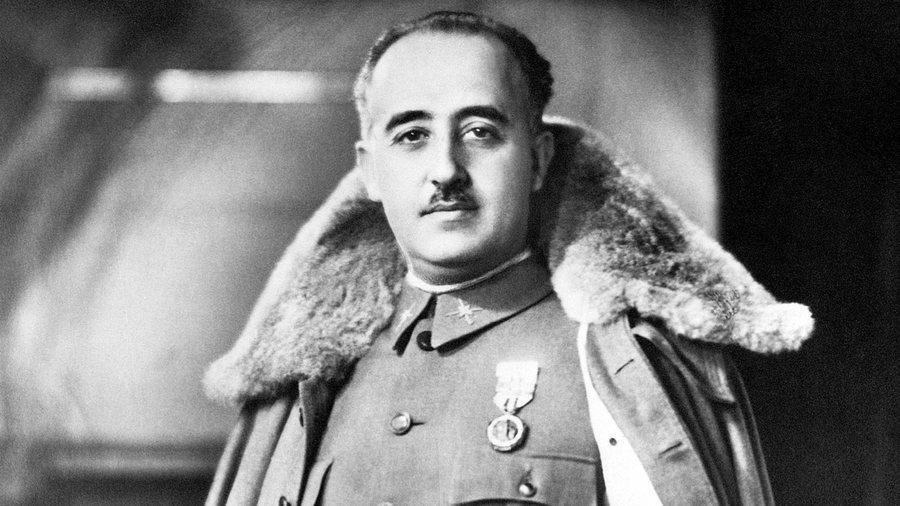
Francisco Franco: Caudillo
Franco (1892-1975) was among the coup plotting generals who, in 1936, launched a civil war to overthrow the republic in Spain. The conflict divided the country and Europe, causing hundreds of thousands of casualties. After his victory in 1939, Franco established a highly centralized regime, transforming Catholicism into a social glue. Spain had to give up its freedom, and Franco became Caudillo, a title similar to that of Duce or Führer. Opposition groups were suppressed, minorities were persecuted, and dissident voices were silenced. In the first years of the regime’s consolidation, between 30,000 and 50,000 Spaniards were killed, and others, perhaps more than half a million, were sent through a vast network of some 300 concentration camps.
Almost immortal. During World War II, Franco looked favorably on Nazi-fascist projects, but did not enter the war, and it was precisely his choice of neutrality that saved him after 1945, even though he was isolated internationally. However, his marginalization was eased with the Cold War, when Western powers saw him as an anti-communist shield in the Mediterranean. Spain, with a heavy legacy on its shoulders, returned to democracy only after his death.
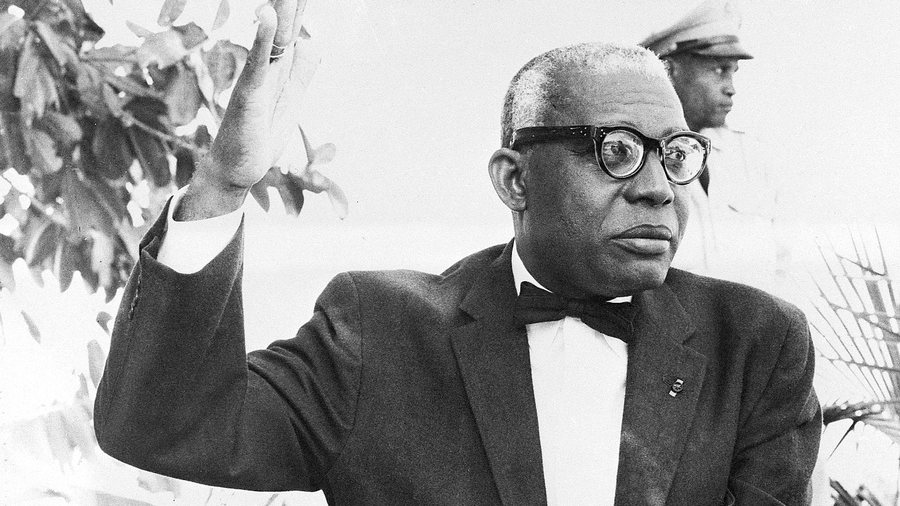
François Duvalier: "Papa Doc"
François Duvalier (1907-1971) is now an integral part of the history of the island of Haiti, influenced by the dark legacy of colonialism and slavery. An enterprising doctor, he struggled in politics and was elected president in 1957. However, after a failed coup against him, he took the path of authoritarianism. He promoted voodoo as a central element of Haitian culture and sent a strong message of African-American recovery, aspiring to become the spiritual protector of the nation. In 1961 he was re-elected by strengthening the Constitution and in 1964, after a referendum, he was declared president for life.
Paramilitary militia. Known in English as "Papa Doc" because of his training as a doctor, he governed with a mix of paternalism and populism, spreading festive images and slogans.
He used Haiti's scarce public resources in a cavalier manner and wielded an iron fist against his opponents, especially through a paramilitary militia. The island was gripped by terror, with an estimated 20,000 to 30,000 victims. No one dared to oppose him, also because he was able to present himself as a barrier to communism in South America, he resisted until his death in 1971, when power passed to his son.

Augusto Pinochet: The "Butcher" of Santiago
With a grim appearance and a veil of aristocratic contempt on his face, General Pinochet was the leader of the military junta that, between 1973 and 1990, transformed Chile into a dictatorship. After orchestrating the coup that overthrew the elected government of the socialist Salvador Allende, Pinochet imposed a harsh reign of terror. The constitution was suspended, political parties were dissolved, the Supreme Court was subordinated to the executive branch, and every freedom was trampled. Calling for the restoration of national order and harmony, many opponents were arrested, tortured, or killed, especially during the regime's consolidation phase. Thousands of them disappeared overnight from circulation without leaving a trace (desaparecidos). Approximately 40,000 Chileans suffered forms of human rights violations, such as illegal detention for political reasons and kidnapping, while deaths, as confirmed by investigations conducted after the end of the regime, were over 3,000.
No justice. Pinochet was one of the pillars of anti-communism in Latin America and gained international recognition. He only left with the beginning of the transition to democracy and was later indicted both in Chile and elsewhere. He ended up under house arrest four times, but never stood trial. Pinochet died of heart failure as a free citizen.
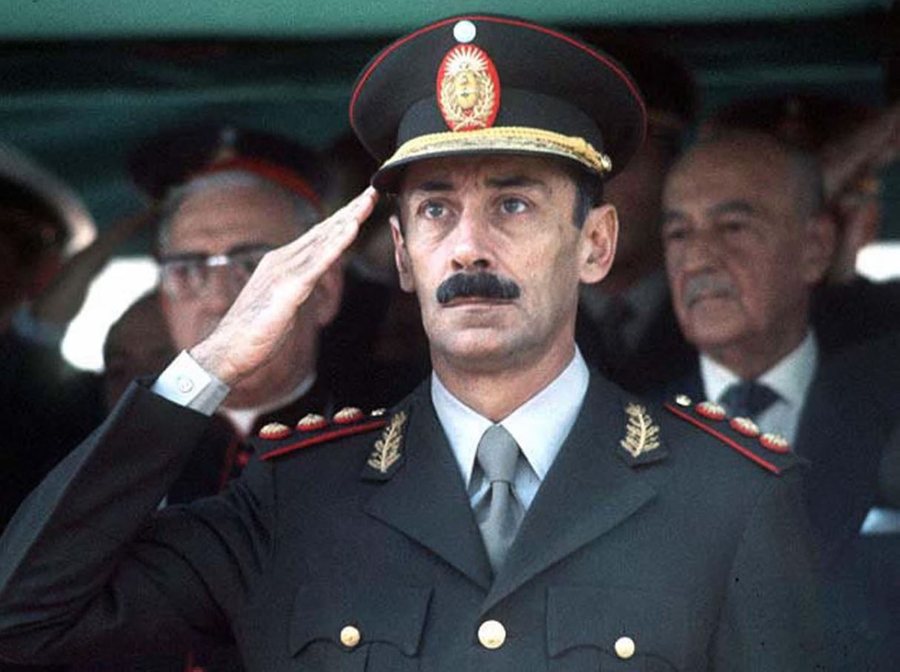
Jorge Videla: Argentine dictator
A prominent member of the military, General Jorge Rafael Videla (1925-2013) ruled Argentina with an iron fist from 1976 to 1981, during the so-called National Reorganization Process, a period in which a complex authoritarian structure was created with the aim of building a model of society based on conservative and hierarchical principles. The regime was distinguished by its systematic, almost always secret, repressive practices, and many citizens (including militants, trade unionists, and journalists) were considered enemies of the nation.
Operation Condor. General Videla became a point of reference for the international far right and contributed to Operation Condor: a series of unscrupulous actions coordinated by the intelligence services of the South American military dictatorships, with the support of the United States, to prevent the spread of progressive communist, socialist or revolutionary ideas on the American continent.
Argentina was devastated, many women were deprived of their newborn children, thousands of individuals were killed during the illegal detention and around 30,000 of them disappeared. A very deep wound that, despite the subsequent condemnation of the dictator, has still not healed.
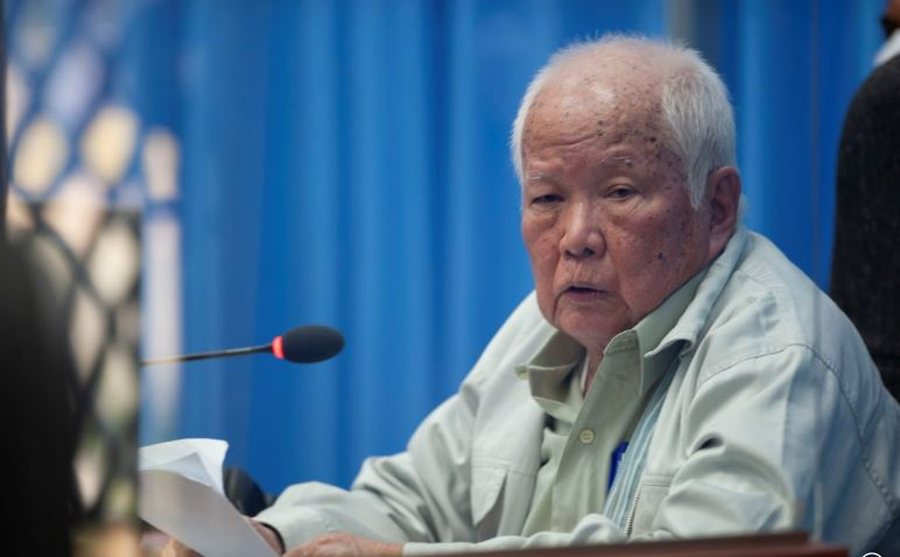
Pol Pot: The Re-Educator
Saloth Sar (1925-1998), better known by his nom de guerre Pol Pot, studied in France and from 1963 took over the leadership of the Communist Party of Cambodia and the Khmer Rouge guerrilla movement. He forged ties with Mao Zedong's China and fought the Cambodian monarchy, in a country ravaged by civil strife and destabilized by the nearby Vietnam War. He seized power in 1975. In defiance of Marxist orthodoxy, he embarked on a radical experiment to reshape society along agrarian lines and create a "new man" devoted to party and country.
Genocide. Abuses, deportations, and mass murders were the order of the day. From 1976 to 1979, many Cambodians, including many intellectuals, were imprisoned in labor camps where they died of starvation and disease, amounting to what is called genocide against entire social classes: over 1 million deaths, approximately a quarter of the population. Meanwhile, Pol Pot gained indirect support from the United States and China to oppose Vietnam, which was fighting for hegemony in Southeast Asia. But when the Vietnamese invaded Cambodia, Pol Pot fled. The dictator returned to the country only in 1989, increasingly isolated, and died at the age of 73 without ever being tried.
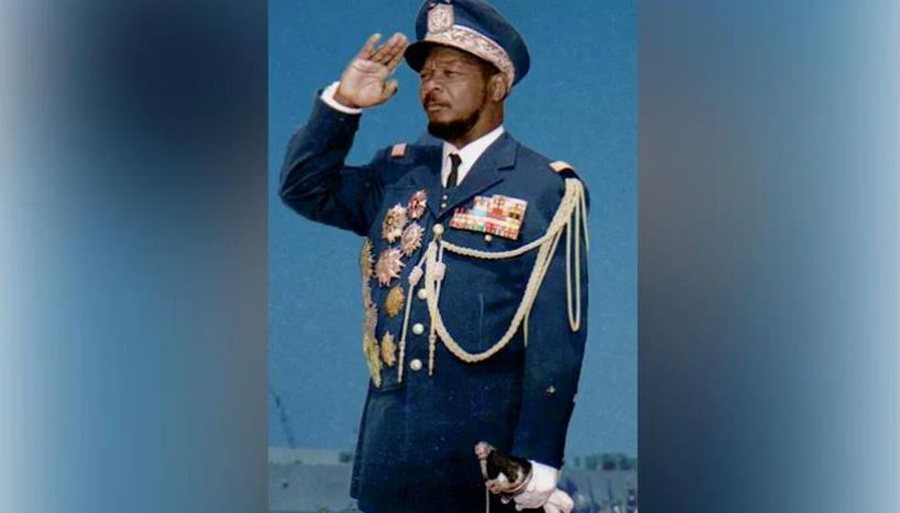
Jean-Bedel Bokassa: The African Napoleon
Bokassa (1921-1996) was born in the French colony of Ubangi-Shari (Central Africa). He enlisted in the colonial troops of the French army and when the Central African Republic was founded, after independence in 1960, he became head of the armed forces. In 1966, he seized full power through a coup. He ruled without regard to expenses, despite famine and disease ravaging the population, and was obsessed with the idea of making history.
Napoleon's model. To imitate his idol, Napoleon Bonaparte, in 1976 he also took the title of emperor, later being crowned in a luxurious ceremony that cost about 20 million dollars. His regime was known for widespread torture and gruesome executions of dissidents and minorities. The dictator was also accused of cannibalism (an accusation that was never proven). Pompous and megalomaniac, Bokassa supported Western interests in Africa and for years France allowed him. Only over time did he become isolated and in 1979 was he overthrown by a new coup.
He later returned to his country and a general amnesty, declared on the occasion of the restoration of democracy, commuted his sentence. Therefore, he died a free man.
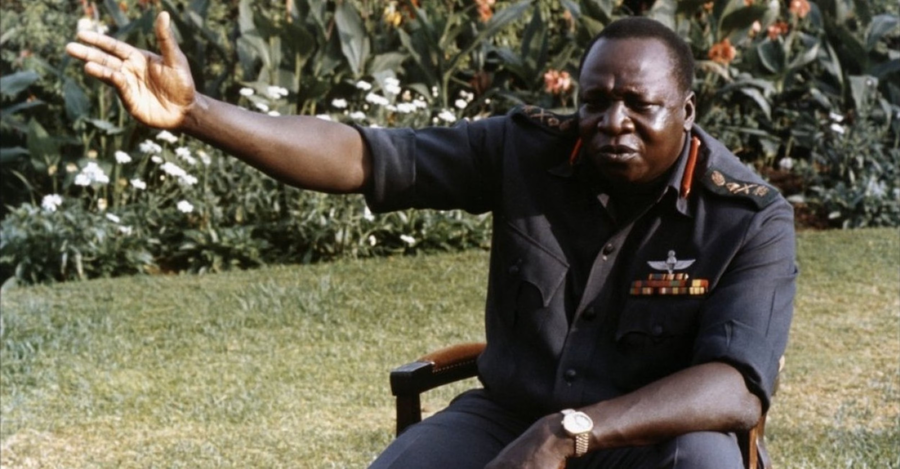
Idi Amin Dada: Megalomania
A member of one of Uganda's small ethnic groups, Amin (1925-2003) had a rapid military career supporting Prime Minister and President Milton Obote, only to overthrow him in 1971. He legitimized himself in the eyes of the world by promising to stay in power only temporarily, but transformed the country into a dictatorship. At first, the West saw him as a potential ally and an oddball. In 1977 he gave himself the title "Lord of all the beasts of the earth and the fish of the sea." However, little by little, the true nature of his power came to light.
Golden end. Amin was a loose cannon on the international stage and moved closer to the USSR. It was later revealed that there had been abuses, violence and racist policies. 50,000 people of Asian origin were expelled, several ethnic groups were persecuted and many Ugandans, between 100,000 and 300,000, were tortured and killed. The regime collapsed in 1979 due to tensions with Kenya and clashes with Tanzania. Amin fled to Libya and then to Saudi Arabia, living in luxury until his death.
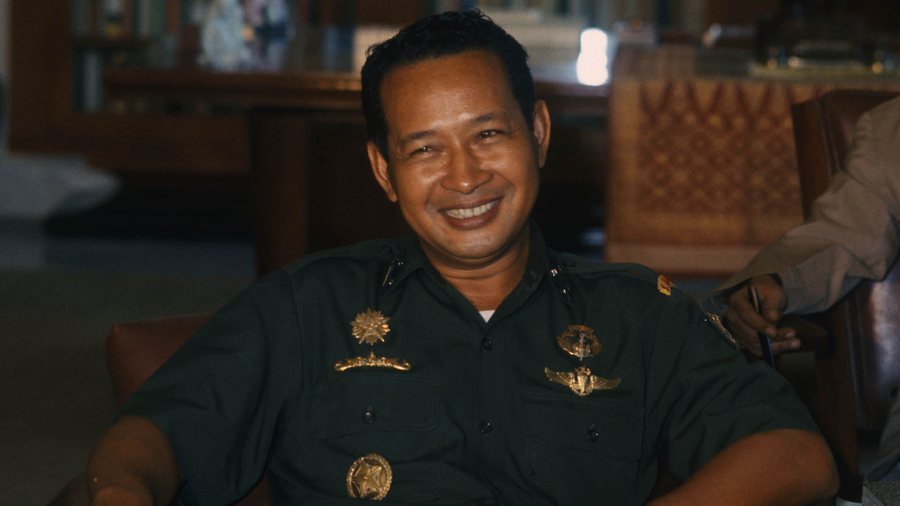
Haji Mohammad Suharto: Conspiracy theorist
The leader of the right-wing faction of the Indonesian armed forces, Suharto (1921-2008) asserted himself in years of intense social tension, progressively weakening the role of Sukarno, the first president of free Indonesia after independence from the Netherlands in 1949. Suharto exploited the army's plots against the 6 maximum, anti-communist coup, effectively taking control of the government. Exploiting fear, he carried out a ruthless reactionary maneuver: he strengthened the army, tightened security measures, cracked down on unions and censored the press.
Anti-communist. His first targets were communists: demonized, arrested, harassed, and in large numbers, massacred. Between 1965 and 1966, one of the worst massacres of the twentieth century took place from Bali to Jakarta. According to conservative estimates, over 500,000 militants and supporters of the Indonesian Communist Party (PKI), then one of the largest communist parties in the world, were killed. Suharto then consolidated his regime, adopting a rigid pro-Western position. He only lost power in 1998, having forever marked the history of contemporary Indonesia.
(A2 Televizion)

